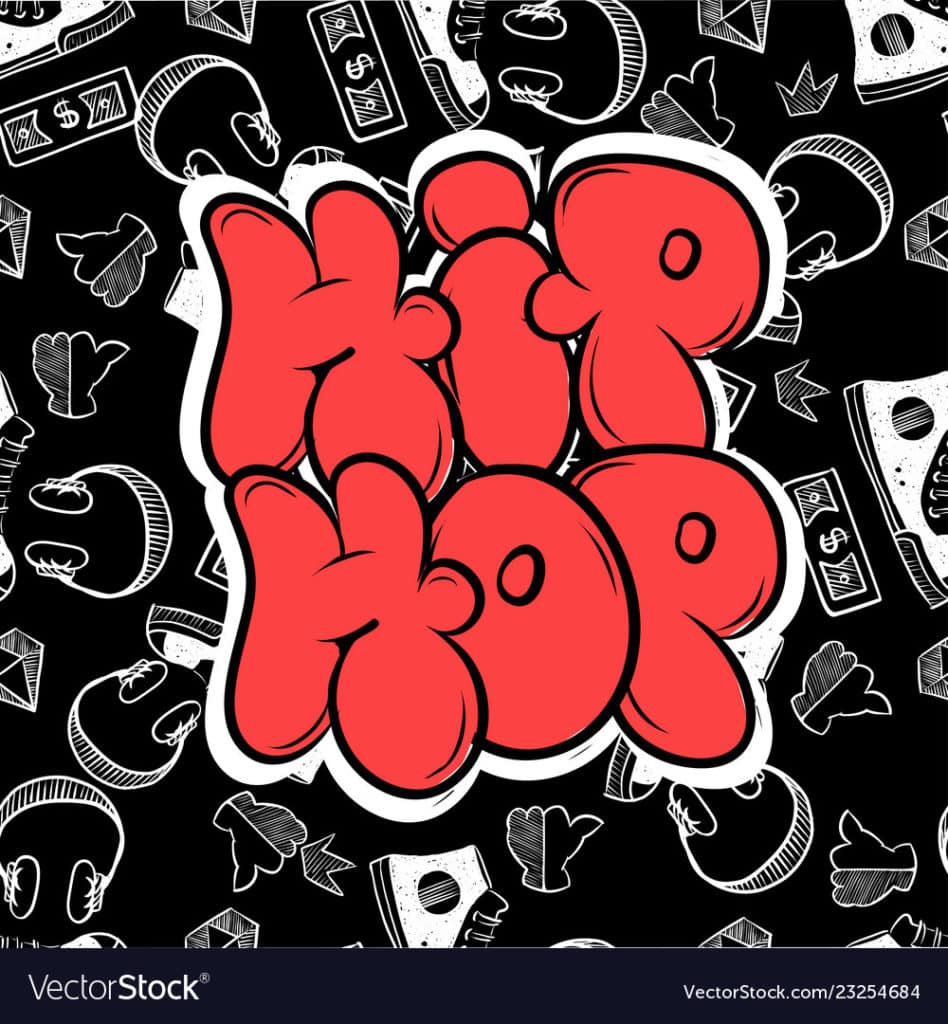COMMODIFICATION OF HIP HOP
Commodification refers to the transformation of something to a product to be bought and sold. Hip hop music began in the 1970s, developing in places of poverty and influenced by those who could build a social culture. People made hip hop out of nothing. The music started as music for parties and overall feel good music. Essentially, hip hop gave the voiceless, usually poor Black people a voice. In the end of the 20th century, the United States was experiencing a cultural and political change in the way Black people were treated through the end of the Civil Rights and Black Power Movements. Rappers began to talk less about partying and maintaining good vibes to rapping about the poor environments they were or had lived in, especially those in neighborhoods where the heroin epidemic hit. The song called “The Message” by the Furious Five and Grandmaster Flash is a prime example of rappers expressing their individual community hardships through their music. Rappers were able to take a stand with their music against the governmental neglect in not only their neighborhoods, but the overall marginalization of Black people in the country. The genre became a sort of protest music; social, economic, and political issues were often discussed although there was still rappers who made music to bring their communities together to give their peers and the children coming an alternate to the gang activity, and the subsequent gang violence that followed. Hip hop culture was composed of djing, mcing (or rapping), breakdancing, graffiti writing and art with the intent to positively bring communities together rather than separate them in gang rivalry.
Overtime, hip hop transformed into a business, a commodity due to corporate record labels and radios. Hip hop culture, significantly its political axis became a product rather than critiques from those living the life, popular culture, mainly white consumers began to desire the “hip-hop” life. Rap music gaining mainstream popularity came at a cost. Maximizing audiences meant that rappers made more money, however the original purpose and message of hip hop was lost. Hip hop became less about spreading political messages and bringing communities together, and more about pandering to white youth in America. The culture became cool in the eyes of those looking in, disrupting its origin purpose. Rap music became a market tool to sell products by washing the culture down for the pallet’s of white consumers. Rappers focused on making more party-influenced and easy listening music like artists like Young MC, Sir Mix-A-Lot, and DJ Jazzy Jeff and Will Smith.


